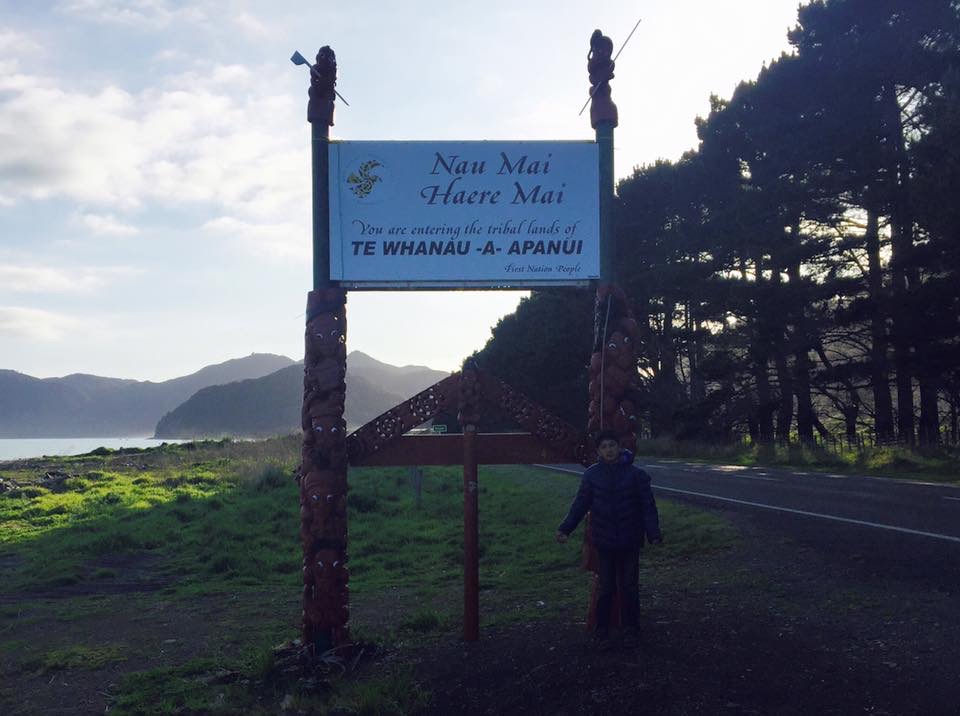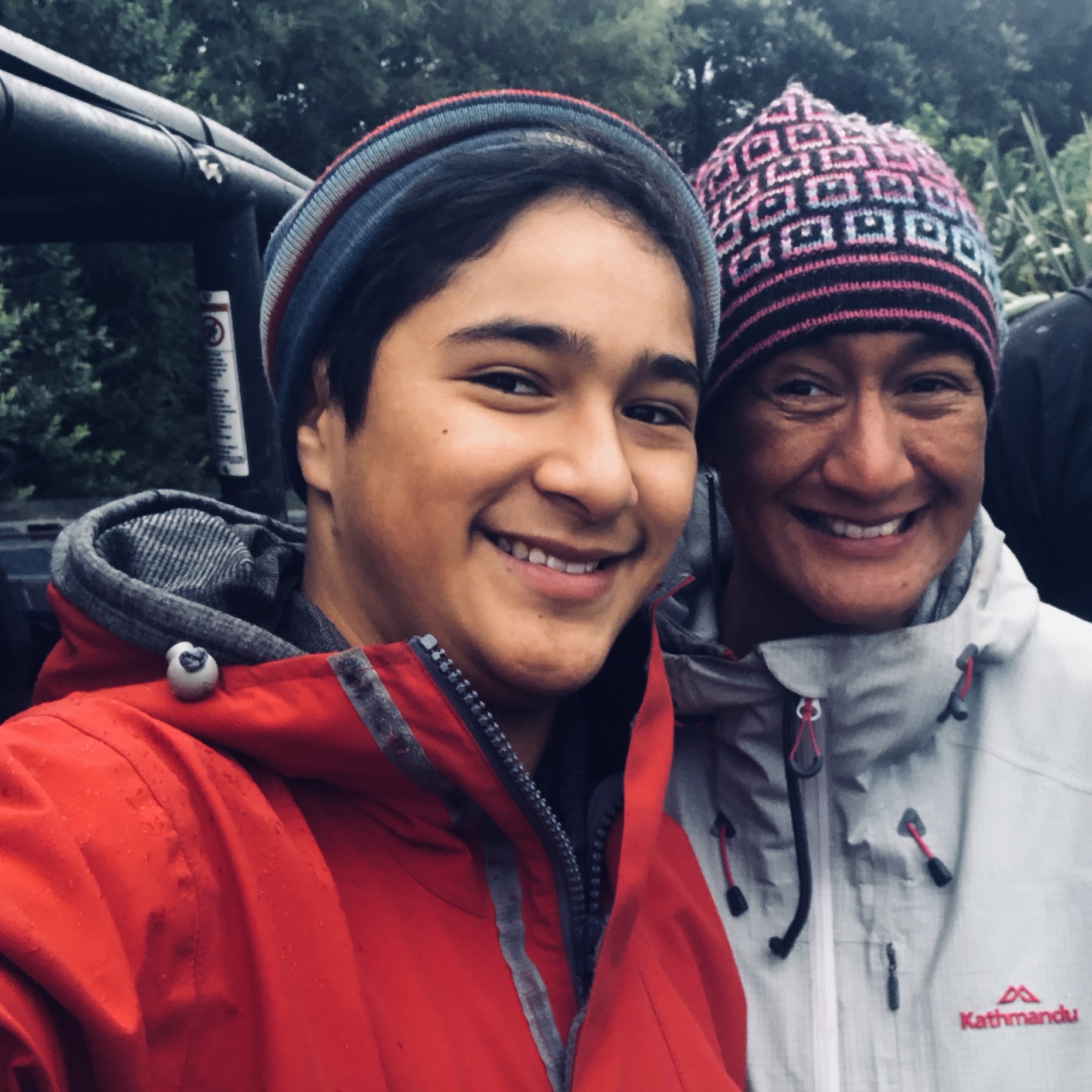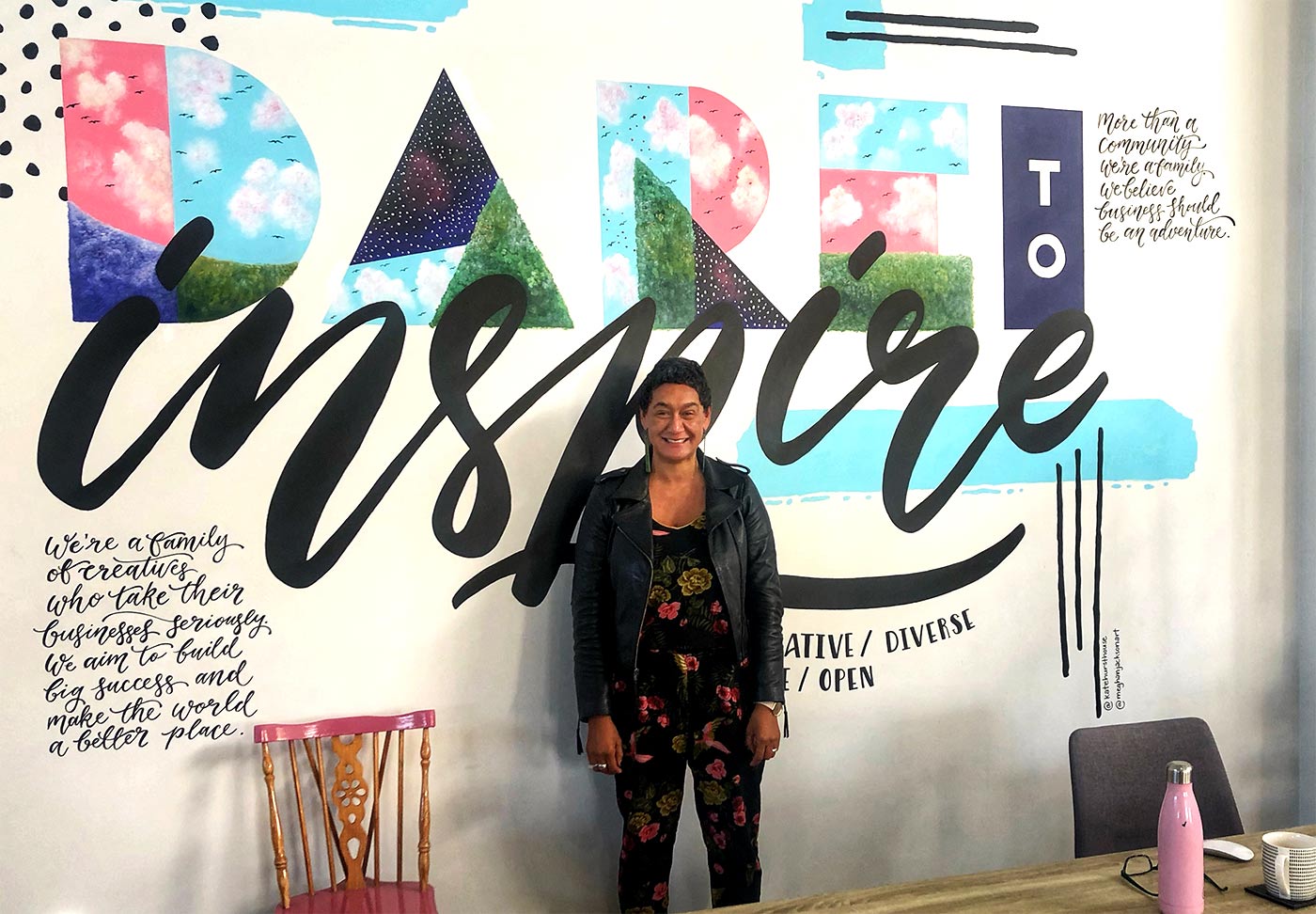Tui considers herself a manuhiri (visitor) to Tāmaki Makaurau (Auckland) but lives locally in Grey Lynn. She always has a big smile and story to share, and is passionate about elevating Māori, particularly rural Iwi through using renewable energy. Tui shares her passions and story with us here.
What gets you up in the morning?
The drive and commitment I have to whānau, hapū and iwi and making their aspirations a reality. My work is pretty political, that’s the reality of working in this sector, so you need to be fairly resilient. I’ve worked in treaty settlements and negotiations for many years, so I have got some pretty good facilitation and negotiations skills! I provide advice to local, central government, private sector, iwi, mostly I work in the strategy and policy space, and on strategic partnerships with iwi. Ive started to work a lot in growing cultural competency in agencies.
For me though its all about relationships with our community and understanding the Treaty of Waitangi and what role you have in it in advancing the aspirations of our people. That’s partnership. If you aren’t wiling to get out there in a genuine and authentic way then it will be hard for partnership to be achieved.
What are you buzzed about?
I’ve been working on some innovative projects in the last couple of months. One is around renewable energy and solar and hydrogen micro-grids, framing this up with partners and working on programmes with our people to get this into marae and papakāīnga particularly in rural areas. We’ve always used sun; my tribe has used it to dry kahawai which is stored and used later. Its just an extension of us as kaitiaki and using the sun in everyday life as we have always done. We used all the elements to get to Aotearoa and didn’t have the benefit of GPS! This is a long term programme of work and as tribes increase their investments we are hoping that innovative technology will help our people socially and economically.
I have just completed some strategy work for reducing the high deaths and serious injuries of Māori on Auckland’s roads. A few years ago I designed a Māori road safety programme which has been working well in our communities here-we are now in the position to co-design programmes with communities and hopefully secure long term funding. This has been a collaborative effort with agencies and communities but will require ongoing commitment and leadership.
What’s the special somethin’ somethin’ you bring to projects?
After working more than 20 years for ’someone else’ I decided it was time to set up on my own and Matapapa Consulting was born in 2018. There is a story about the name, which comes from the land where our papakāīnga is, where my whānau have lived for generations. The name means many things-along the lines of face of the earth or facing the earth. This signifies the importance of the environment around me and keeps me grounded in the whenua (land) and my identity in what I do everyday and how I go about it.

What do you tell people is the best part of working?
I like working at The Workshop as it provides me with diversity and I mean not only culturally but also diversity of thought.
What’s your fave local hotspot and why?
I’m all about keeping things local. Go-to places are Lei, Kokako and Urban Jungle but I’m biased as Wellington still does better coffee!!
What’s something people don’t know about you that is surprising?
I use to do Tahitian hula but now do Pilates! I have a son called Waiarikinui. He is a talented 14 year old who is fluent in three languages having been in Māori immersion schooling all his life so is fluent in te reo Māori, a fluent speaker of Spanish -his pāpā is from Chile - and English.

Your whanau
